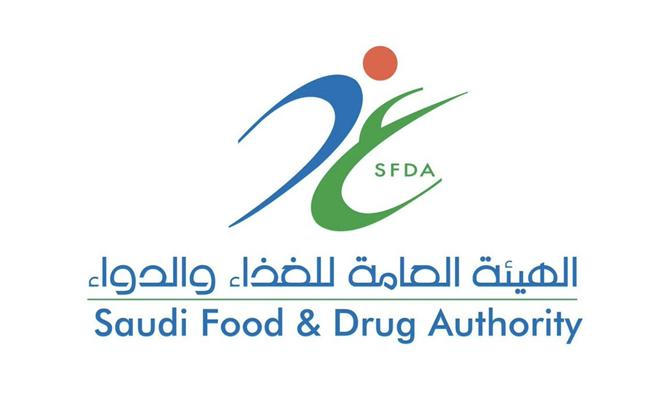

- Hajj And Omrah
-
About SFDA
About SFDA
SFDA in vision 2030
Authority Strategy
Career and Life
- Information Lists
-
Areas
- Consumer Corner
- Media Centre
- Eservices
Use of oral prednisolone or naproxen for the treatment of gout arthritis
Use of oral prednisolone or naproxen for the treatment of gout arthritis
Use of oral prednisolone or naproxen for the treatment of gout arthritis
2008-06-04
Non-steroidal anti-inflammatory drugs and colchicine used to treat gout arthritis have gastrointestinal, renal, and cardiovascular adverse effects. Systemic corticosteroids might be a beneficial alternative. We investigated equivalence of naproxen and prednisolone in primary care.
We did a randomised clinical trial to test equivalence of prednisolone and naproxen for the treatment of monoarticular gout. Primary-care patients with gout confirmed by presence of monosodium urate crystals were eligible. 120 patients were randomly assigned with computer-generated randomisation to receive either prednisolone (35 mg once a day; n=60) or naproxen (500 mg twice a day; n=60), for 5 days. Treatment was masked for both patients and physicians. The primary outcome was pain measured on a 100 mm visual analogue scale and the a priori margin for equivalence set at 10%. Analyses were done per protocol and by intention to treat. This study is registered as an International Standard Randomised Controlled Trial, number ISRCTN14648181.
Data were incomplete for one patient in each treatment group, so per-protocol analyses included 59 patients in each group. After 90 h the reduction in the pain score was 44·7 mm and 46·0 mm for prednisolone and naproxen, respectively (difference 1·3 mm; 95% CI −9·8 to 7·1), suggesting equivalence. The difference in the size of change in pain was 1·57 mm (95% CI −8·65 to 11·78). Adverse effects were similar between groups, minor, and resolved by 3 week follow-up.
Oral prednisolone and naproxen are equally effective in the initial treatment of gout arthritis over 4 days.
The Lancet 2008; 371:1854-1860


